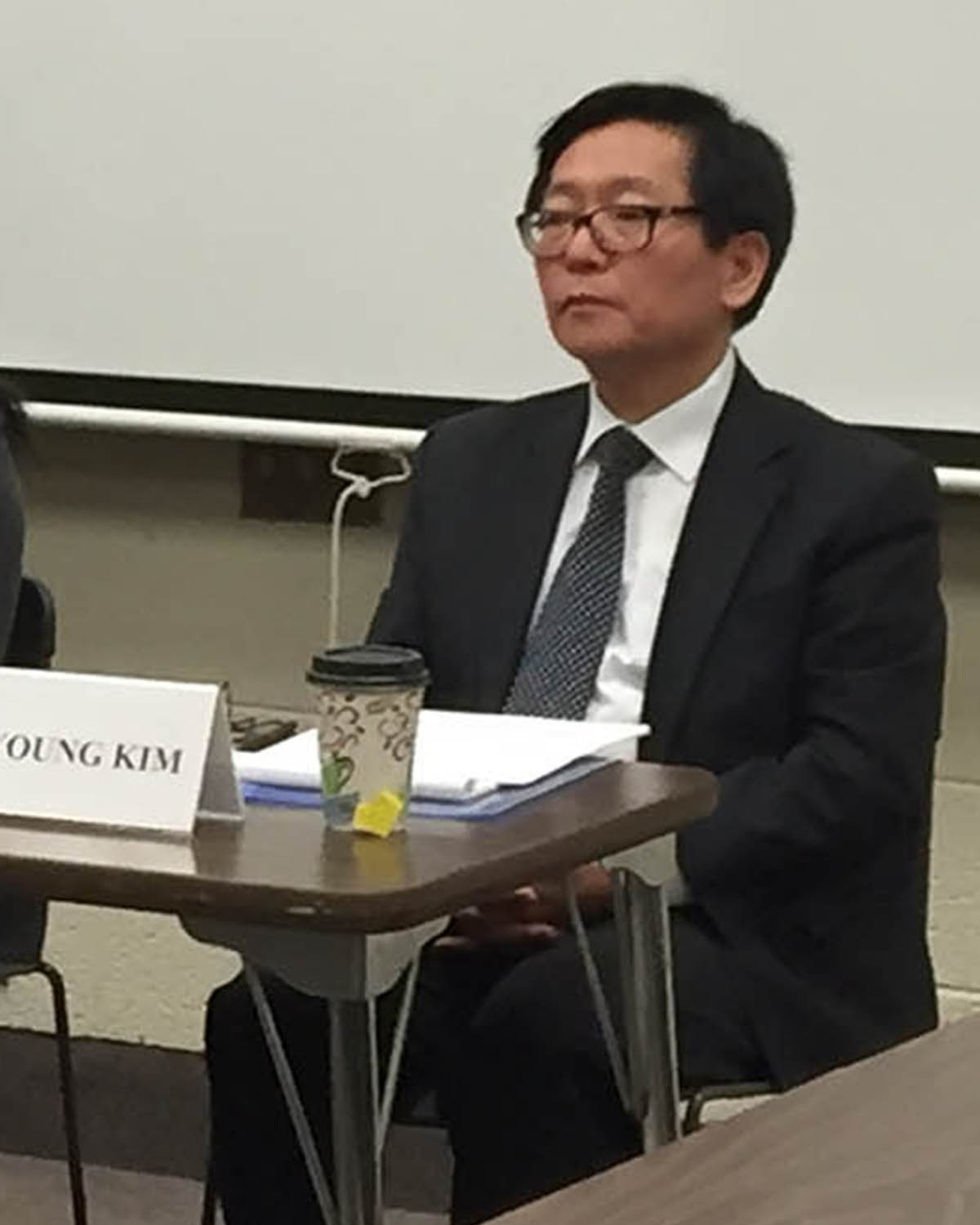Symposium 2015: South Korea

Reported by Jarvis Yau and Joe Hepworth
This session was moderated by Victor Taylor, an international fellow of the International Center for Law and Religion Studies and a shareholder at the law firm of Parr Brown Gee & Loveless. The presenter was Professor Chae-Young Kim, a professor of religious studies at Sogang University in South Korea.
Professor Chae-Young Kim stated that South Korea has not traditionally had conflict related to religion. However more recently, separation of state and religion are becoming a hot issue.
Over half of South Korea’s 50 million residents are religious. Buddhism, Christianity, Protestantism, Catholicism, Shamanism, and Confucianism are all present in significant numbers. Buddhism and Christianity are the most popular religions in South Korea, and Confucianism, while not an official religion, is part of the cultural DNA in Korea. It remains to be seen, pondered Professor Kim, how freedom of religion will be applied to new religious movements arising in East Asia in connection with their interaction with the traditional world religions.
Since 1970, many young Buddhist scholars have trained in the West and imported Western approaches to handling religious conflict in religious society. Recently, a government minister suggested an orientation toward Christianity—90% of government ministers were Christian. For the first time in modern Korean history, the Buddhists are criticizing Christian oriented policies and the government orientation towards Christianity. He cited an example of a Buddhist student refusing to go to chapel at a Korean high school founded by Christian missionaries. Some Buddhists criticized the high school, arguing that religion should not be in the public sector, even in schools established by missionaries, because they receive public funding. Professor Kim commented that the development bears watching.